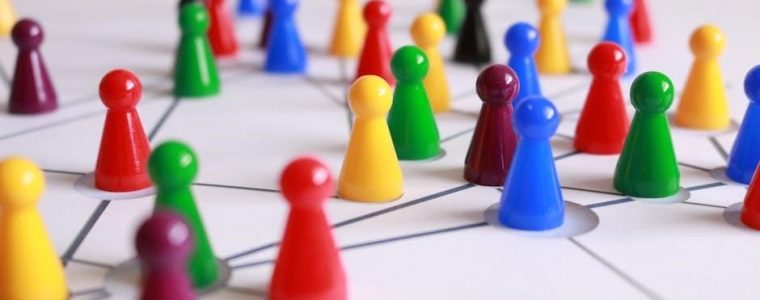
the pimp game pdf
Mickey Royal’s controversial book, The Pimp Game, offers insights into pimping tactics, manipulation, and control, sparking debates on its ethical implications and real-world impact.
1.1. Overview of the Book
The Pimp Game: Instructional Guide by Mickey Royal is a controversial book that delves into the strategies and tactics of pimping. It explores manipulation, control, and the psychological aspects of the practice. The book has sparked significant debate due to its explicit content and perceived promotion of exploitative behavior. Royal presents pimping as a structured “game” with rules and principles, offering insights into the power dynamics and emotional manipulation involved. While some view it as a critical examination of the underworld, others criticize it for glorifying exploitation; The book is often discussed in the context of ethical and legal concerns, highlighting the complex societal issues surrounding pimping. Its impact continues to be a topic of contention in various circles.
1.2. Author Background: Mickey Royal
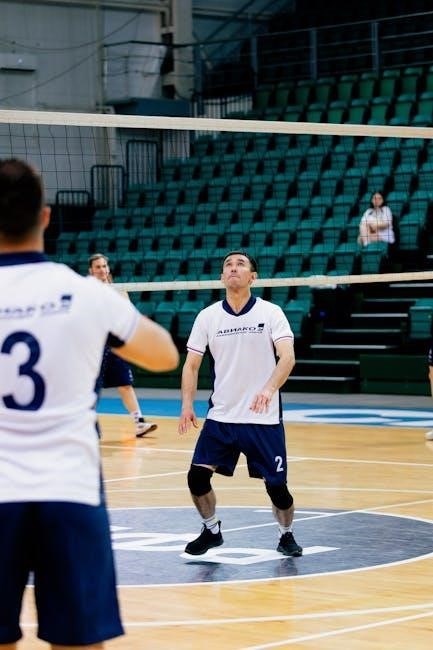
Mickey Royal, the author of The Pimp Game, is a controversial figure with a background shrouded in mystery. Formerly associated with Hollywood, Royal transitioned to writing, focusing on the dynamics of power and control. His work often explores the psychological and manipulative aspects of pimping, presenting it as a structured “game” with clear rules. Royal’s philosophy revolves around the idea that pimping is not just an illegal practice but a calculated strategy involving emotional manipulation and exploitation. His books, including The Pimp Game: Instructional Guide and Secrets of Mind Manipulation, have sparked intense debates, with critics accusing him of glorifying exploitation. Despite the controversy, Royal’s writings remain a subject of discussion in various circles, blending dark insights with a provocative perspective on human behavior;
1.3. Key Concepts and Objectives
The Pimp Game delves into the mechanics of pimping, presenting it as a strategic endeavor. It outlines key concepts such as manipulation, emotional control, and financial exploitation. The book aims to provide a guide on how to establish and maintain power dynamics, emphasizing the importance of psychological tactics. Royal discusses the “rules of the game,” which include recruiting, controlling, and managing individuals within the sex industry. The text also explores the role of the pimp as a leader and organizer, highlighting the hierarchical structure of the pimp-prostitute relationship. By detailing these strategies, the book seeks to educate on the inner workings of this illicit practice, blending practical advice with a disturbing insight into human exploitation.

Historical Context of Pimping
Pimping has deep historical roots, with evidence of its practice across various cultures and eras, often linked to exploitation and societal inequality, shaping its modern dynamics.
2.1. Evolution of Pimping as a Practice
The practice of pimping has evolved significantly over centuries, shaped by societal norms, economic conditions, and power dynamics. Historically, pimping was often linked to organized crime and underground economies, with pimps acting as intermediaries between prostitutes and clients. In ancient times, brothels were common, and pimping was a tolerated, if not explicitly legal, profession. As societies evolved, so did the methods of pimping, adapting to legal restrictions and cultural shifts. The rise of urbanization in the 19th and 20th centuries saw pimping become more organized and exploitative, often tied to human trafficking. Modern pimping has further transformed, leveraging technology and online platforms to operate discreetly, making it harder to detect and prosecute. Despite these changes, the core dynamics of exploitation and control remain consistent.
2.2. Cultural and Social Perceptions
Cultural and social perceptions of pimping vary widely, often reflecting broader societal attitudes toward sex work, gender, and power. In some contexts, pimping is romanticized in media, with pimps portrayed as charismatic figures. However, this glamorization contrasts sharply with the harsh realities of exploitation and abuse. Many societies condemn pimping as morally reprehensible, viewing it as a form of gender-based violence. The rise of feminist movements has further highlighted the inherent power imbalances and coercion involved. Despite these critiques, pimping persists in many cultures, often hidden beneath layers of stigma and silence. Survivors’ stories reveal the long-term psychological and emotional scars left by such exploitation, underscoring the need for greater awareness and systemic change.
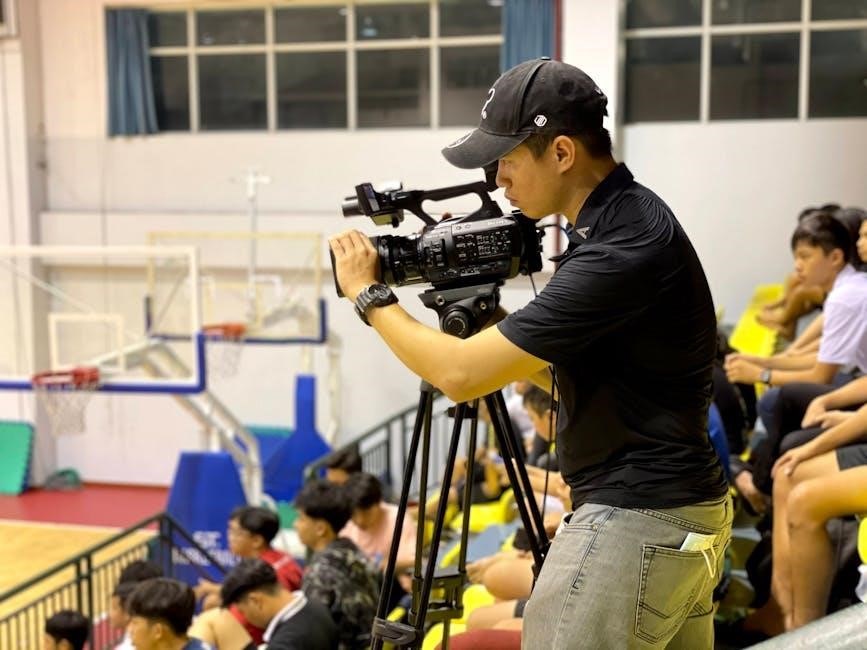
The Psychology of Pimping
The psychology of pimping revolves around manipulation, control, and exploitation, with pimps often employing tactics to break victims’ spirits and maintain dominance, as detailed in Royal’s guide.
3.1. Manipulation Tactics
Mickey Royal’s guide reveals manipulative tactics used by pimps to control individuals, including emotional exploitation, isolation, and coercion. These strategies aim to break victims’ spirits, fostering dependency and submission. By exploiting vulnerabilities, pimps create power imbalances, ensuring compliance through fear and psychological control. The book details how manipulation is central to maintaining dominance, often involving gaslighting, false promises, and emotional blackmail. These tactics are designed to erode self-esteem and independence, making it difficult for victims to escape the cycle of exploitation. Royal’s insights highlight the profound psychological impact of these methods, which are often invisible to outsiders but devastating for those trapped in such dynamics.
3.2. Power Dynamics in Pimp-Prostitute Relationships
In The Pimp Game, Mickey Royal explores the hierarchical power dynamics between pimps and prostitutes, emphasizing control and exploitation. Pimps often position themselves as protectors or providers, creating a false sense of security. This manipulative relationship fosters dependency, with the pimp holding authority over the prostitute’s actions and earnings. The power imbalance is reinforced through psychological manipulation, isolation, and fear. Royal highlights how pimps exploit vulnerabilities to maintain dominance, often using tactics like emotional blackmail or violence. These dynamics are rooted in gendered power structures, perpetuating cycles of exploitation. The book critiques the societal normalization of such relationships, urging a deeper understanding of their harmful consequences.

Legal and Ethical Implications
The Pimp Game raises concerns about legality, with pimps facing criminal charges like trafficking and exploitation. Ethically, it questions the morality of manipulating others for personal gain.
4.1. Legal Consequences of Pimping
Pimping is illegal in most countries, with legal consequences including criminal charges for human trafficking, exploitation, and coercion. Those involved face imprisonment, fines, and criminal records.
In many jurisdictions, pimping is classified as a felony, carrying penalties of 5-20 years in prison, depending on severity. Additional charges may include racketeering under RICO laws.
Legal systems worldwide increasingly target pimping rings, especially those involving minors or cross-border trafficking. Law enforcement uses digital evidence from online platforms to prosecute offenders.
The rise of technology has made it easier to trace and prosecute pimps, highlighting the growing legal crackdown on modern pimping practices.
4.2. Moral and Ethical Debates
The morality of pimping is widely contested, with critics labeling it as exploitation and oppression of vulnerable individuals. Many argue that pimping violates human rights, perpetuating gender inequality and sexual exploitation.
Ethical debates often center on consent and agency, questioning whether individuals in such relationships truly have autonomy. Advocacy groups emphasize the harm caused by pimping, asserting that it fosters abuse and undermines societal values.
Conversely, some defenders argue that consensual adult interactions should not be criminalized, sparking discussions about personal freedom versus societal protection. The book The Pimp Game itself is criticized for glorifying manipulative practices, while others view it as a critique of systemic exploitation. These debates highlight the complexity of addressing pimping within ethical and legal frameworks.
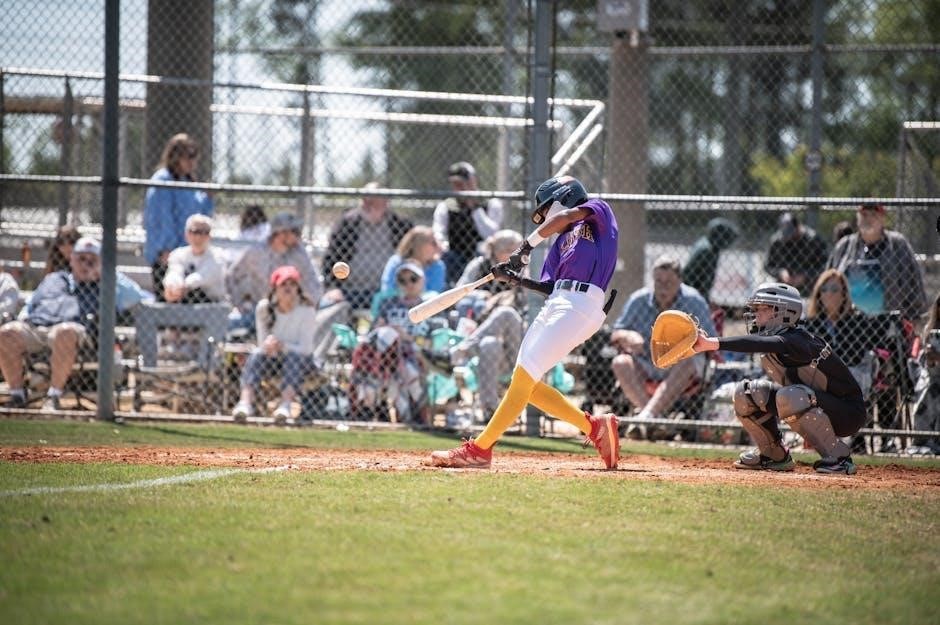
The Role of Technology in Modern Pimping
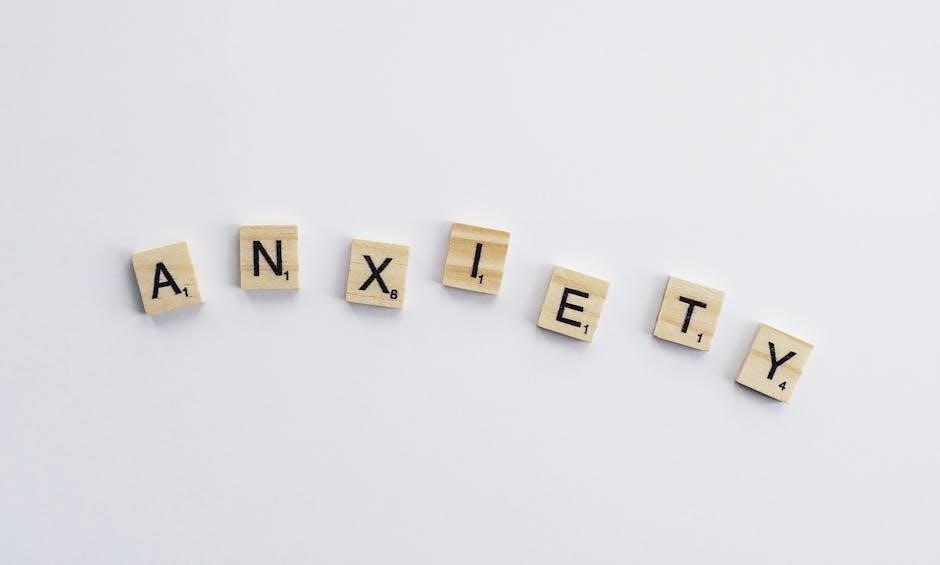
Technology has revolutionized modern pimping through online platforms, encrypted communication, and digital payment systems, enabling pimps to operate discreetly and expand their control over victims globally.
5.1. Online Platforms and Pimping
The rise of online platforms has transformed pimping, enabling pimps to exploit digital spaces for recruitment and control. Social media, dating apps, and encrypted communication tools facilitate discreet interactions, while dark web forums provide anonymity for illegal activities. These platforms allow pimps to target vulnerable individuals globally, using manipulated profiles and false promises to lure victims. Online advertising of services has also become prevalent, making it easier to operate undetected. Additionally, digital payment systems enable seamless transactions, further embedding pimping in the modern technological landscape. This shift highlights how technology has become a double-edged sword, offering both opportunities for connection and avenues for exploitation, raising significant legal and ethical concerns.

5.2. Digital Tools for Control and Manipulation
Digital tools have become integral to modern pimping, enabling greater control and manipulation. Pimps utilize spyware, GPS tracking, and encrypted messaging apps to monitor victims’ activities and enforce compliance. Social media is exploited to groom targets, while deepfakes and AI-generated content are used for blackmail. These technologies facilitate psychological manipulation, isolating victims from support networks. The anonymity of the dark web and cryptocurrency further shield illegal activities from detection. Such tools highlight the evolving sophistication of exploitation, making it harder for authorities to intervene and for victims to escape. The intersection of technology and coercion underscores the urgent need for updated legal frameworks to combat these abuses effectively.
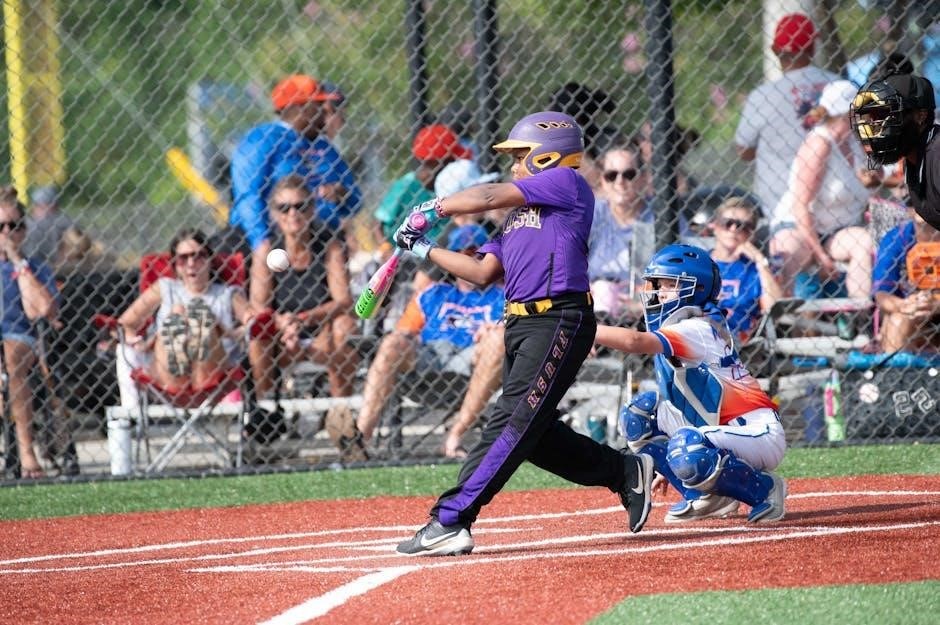
Case Studies and Real-Life Examples
The Pimp Game highlights real-life examples, such as the “Leyla” series, detailing manipulation and control tactics, offering insight into the harsh realities of pimping dynamics and survivor experiences.
6.1. Notable Cases of Pimping Rings
Mickey Royal’s The Pimp Game delves into notable cases of pimping rings, revealing their structured operations and manipulation tactics. These cases highlight how pimps exploit vulnerabilities, often using psychological control and coercion. The book references real-life examples, such as the “Leyla” narrative, where power dynamics and exploitation are central themes. By examining these cases, Royal illustrates the systemic nature of pimping and its far-reaching societal impact. The text also underscores the legal consequences faced by those involved in such rings, offering a stark reality of the pimping world. These examples serve as a foundation for understanding the complexities of the pimp game, as detailed in Royal’s work.
6.2. Survivor Stories and Experiences
Survivor stories in The Pimp Game reveal harrowing accounts of exploitation, manipulation, and resilience. Many recount being lured into pimping through deceit or coercion, facing emotional and physical abuse. The book highlights how survivors often endure long-term psychological trauma, struggling to rebuild their lives. One notable narrative, inspired by the “Leyla” story, details a woman’s journey from victimhood to empowerment, seeking justice against those who wronged her. These stories underscore the complex power dynamics and the devastating consequences of pimping. By sharing these experiences, Royal sheds light on the human cost of the pimp game, emphasizing the need for societal awareness and support for survivors. Their voices serve as a testament to the strength required to overcome such adversity.

The Author’s Perspective
Mickey Royal’s philosophy in The Pimp Game explores pimping strategies, manipulation tactics, and power dynamics, sparking controversy and criticism for its perceived glorification of exploitation.
7.1. Mickey Royal’s Philosophy on Pimping
Mickey Royal’s philosophy, as outlined in The Pimp Game, revolves around the dynamics of power, manipulation, and control. He presents pimping as a structured system where the pimp maintains authority, while the prostitute is expected to comply and generate revenue. Royal emphasizes psychological tactics, such as emotional manipulation and coercion, to ensure loyalty and productivity. His approach is often criticized for normalizing exploitation, yet he defends it as a pragmatic guide to understanding and navigating the underworld of pimping. The book highlights his belief in hierarchy and discipline, framing pimping as a calculated “game” with clear rules and consequences.
7.2. Criticisms and Controversies Surrounding the Book
The Pimp Game has sparked intense criticism for its controversial content and perceived glorification of exploitation. Many argue that the book normalizes violence and coercion against women, providing a manual for abusive practices. Critics accuse Mickey Royal of promoting harmful ideologies and disregarding the ethical implications of pimping. The book has also faced backlash for its lack of empathy toward victims of sexual exploitation. While some defend it as a form of free speech, others call for its removal from circulation, citing its potential to harm vulnerable individuals. The debates surrounding the book highlight broader societal issues regarding exploitation, consent, and the objectification of women.
The Pimp Game remains a controversial yet thought-provoking work, raising questions about exploitation, power dynamics, and societal norms, while highlighting the ethical dilemmas surrounding its teachings.
8.1. Impact of “The Pimp Game” on Society
The Pimp Game has sparked intense debate, challenging societal norms and raising questions about exploitation and power dynamics. Its controversial teachings have influenced perceptions of pimping, with critics arguing it normalizes harmful behaviors. While some view it as a reflection of harsh realities, others condemn its potential to perpetuate abuse. The book’s instructional nature has led to concerns about its misuse, particularly in glorifying manipulation and control. Despite its notoriety, The Pimp Game has undeniably contributed to broader discussions about gender roles, consent, and the ethics of exploitation, making it a polarizing yet significant work in modern discourse.
8.2. Future of Pimping in the Digital Age
The rise of technology has transformed pimping, with online platforms enabling discreet exploitation and digital tools enhancing control over victims. Social media and encrypted messaging apps now facilitate recruitment and manipulation, making it harder for authorities to intervene. The anonymity of the internet has created new challenges in combating modern pimping, as predators exploit vulnerabilities with greater ease. This digital evolution raises concerns about the normalization of exploitation and the ethical dilemmas surrounding online regulation. As technology advances, the methods of pimping are likely to become more sophisticated, necessitating innovative strategies to combat this issue and protect vulnerable individuals from falling prey to these evolving tactics.